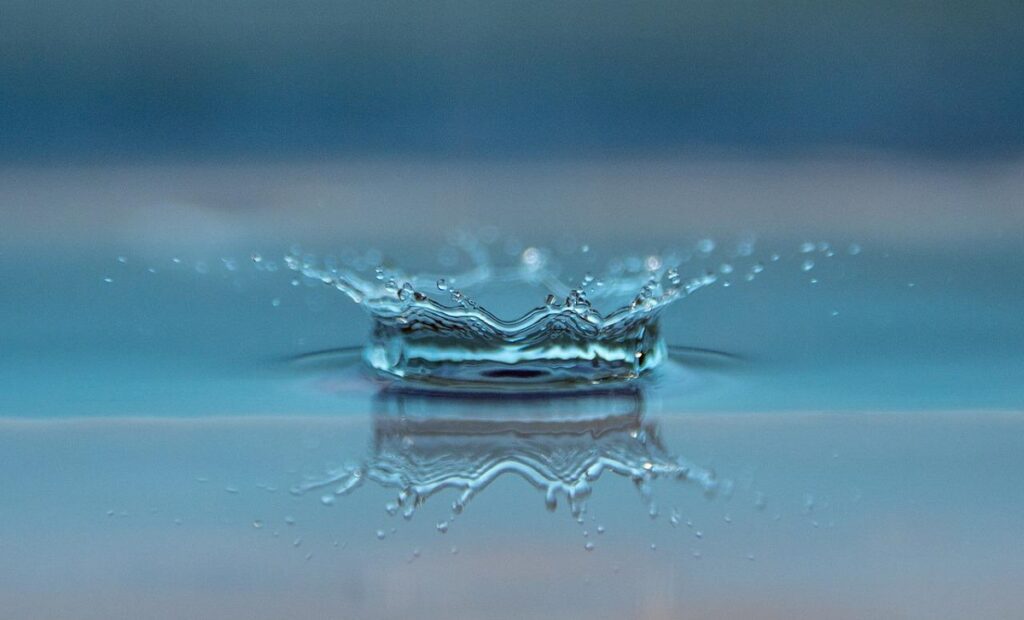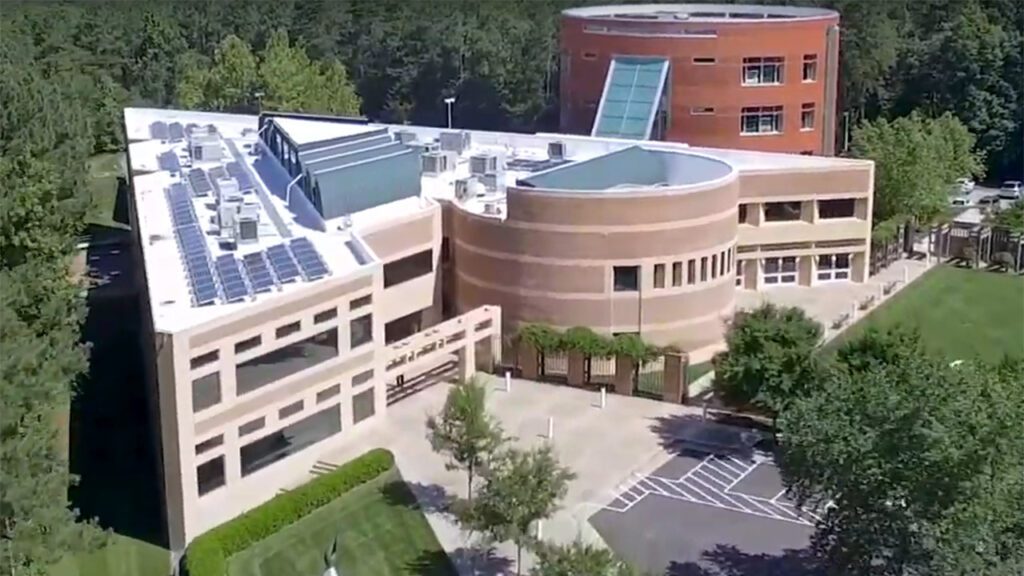“1,000-year” rainfalls, which can cause greater harm when they hit drought-stricken areas, are aggravating record heat and water shortages across the United States, according to The Washington Post.
But biotechnology can assist in restoring our water’s natural equilibrium.
“Parts of the United States, especially in the West, are gripped by an inveterate and devastating drought—yet many drought-stricken areas have experienced rare and extreme flooding over the summer, bringing fiercely different precipitation extremes to the region in a matter of hours,” The Washington Post reports.
“Both drought and flooding are closely tied to human-driven warming,” continues the newspaper. “We are witnessing firsthand the effects of ordinary weather events—a product of chaotic randomness and natural variability—supercharged by climate change.”
Fast weather changes are on the rise
According to Good Day BIO, unprecedented heat is driving drought, a topic we’ve reported on extensively at Bio.News. In the U.S., drought is hitting 49.18% of the lower 48 U.S. states as of Aug. 16, according to the U.S. Drought Monitor. And in Europe, we’re seeing what may be the continent’s worst drought in 500 years, the BBC reported.
“It’s normal that somewhere will see a 1,000-year rain each year. It’d be abnormal if that wasn’t the case. But five in five weeks is extreme, and hints at an overarching trend,” said The Washington Post.
How biotech can restore water balance
World Water Week is the annual event bringing together global stakeholders to seek solutions to water concerns. Taking place August 23-September 1, 2022, World Water Week is open to anyone who wants to understand how water itself can help solve world’s biggest aquatic problems.
Biotech solutions should be part of the discussion.
These biotech solutions include gene editing, which can improve photosynthesis and increase crop yield—as seen most recently in soybeans—as well as help cattle withstand heat, and produce drought-resistant wheat and rice.
Biotech can also help reduce greenhouse gas emissions—the long-term solution to controlling climate change—such as sustainable aviation fuel (SAF), which gets a boost in the Inflation Reduction Act.
It can also address another major threat to water: plastic—including developing plastic alternatives that don’t pollute the water, as a recent episode of the I am BIO Podcast explored.




